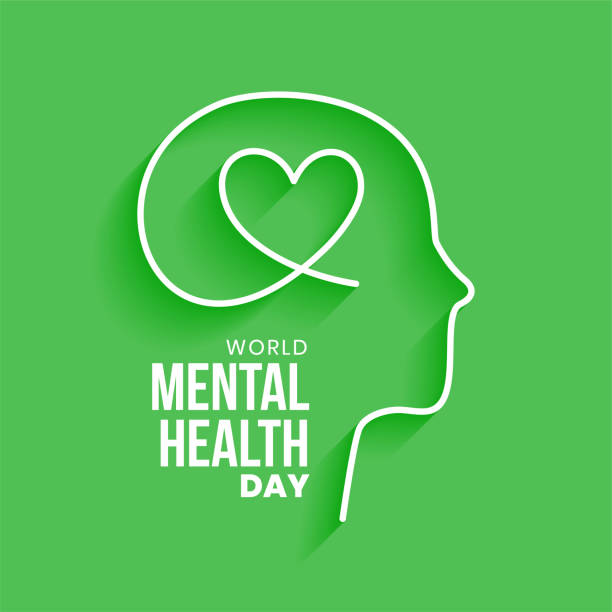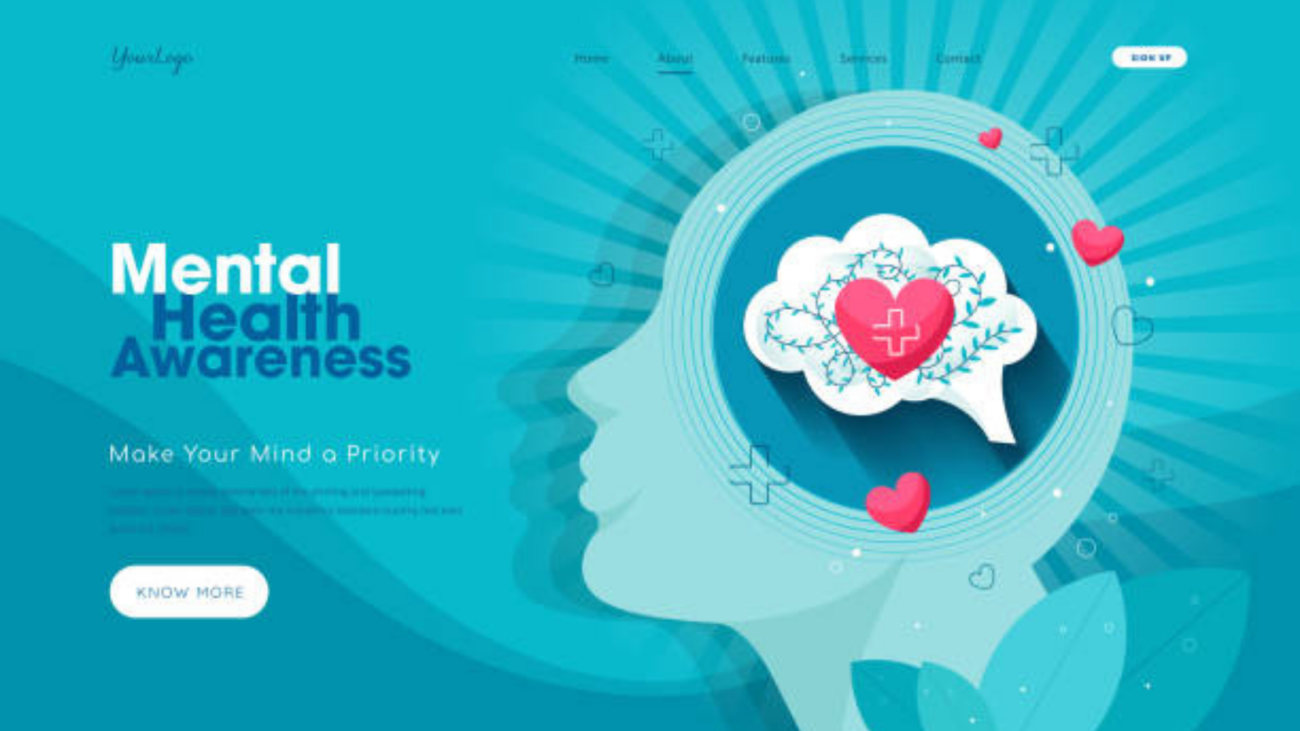Introduction
Mental health awareness is more important today than ever before. Despite growing understanding, mental health issues remain one of the most stigmatized and misunderstood topics. But when we raise awareness, we open doors for conversations, create acceptance, and encourage people to seek the support they need. Whether it’s at work, school, or within the family, mental health awareness can profoundly impact our lives. In this blog post, we’ll cover the top 10 benefits of raising mental health awareness and how it can lead to a healthier, more connected society. Let’s dive in!
1. Reduces Stigma and Misunderstandings
One of the primary benefits of raising mental health awareness is reducing the stigma surrounding mental illnesses. When people understand that conditions like depression, anxiety, and bipolar disorder are genuine medical issues, they’re less likely to judge others unfairly. Studies show that nearly 90% of people with mental health issues report experiencing stigma or discrimination.
FAQ: How does awareness reduce stigma?
When people see mental health as a part of overall wellness rather than a character flaw, they’re more likely to be empathetic. Sharing personal stories and promoting understanding can create a society that supports rather than shames.
2. Encourages Early Intervention
Mental health awareness encourages people to seek help earlier, which is crucial for effective treatment. Recognizing the signs of mental health issues early can lead to better outcomes and can prevent severe complications later on.

FAQ: Why is early intervention important?
Intervening early can reduce the severity and duration of symptoms. According to studies, individuals who receive treatment within the first year of experiencing mental health symptoms have a 70% higher chance of symptom improvement.
3. Improves Access to Resources and Support
Mental health awareness promotes information about available resources and support systems. This can include therapy options, support groups, hotlines, and online forums. People who may not otherwise seek help are more likely to find a supportive community.
FAQ: How can raising awareness improve resource access?
Awareness campaigns and educational programs can highlight mental health resources that many people don’t know about. Additionally, as awareness grows, mental health services become more widely available and accessible.
4. Boosts Overall Workplace Productivity and Morale
When employees are educated on mental health, workplaces become more supportive environments. Companies that prioritize mental health awareness create a workplace culture where employees feel safe to discuss their struggles. In turn, this support can lead to higher job satisfaction, productivity, and retention rates.
FAQ: What are the benefits of mental health awareness at work?
Research shows that mental health-friendly workplaces experience 15% less employee turnover and a 25% increase in productivity. This makes mental health awareness a win-win for both employees and employers.
5. Promotes Self-Care and Personal Growth
Awareness of mental health encourages individuals to take better care of themselves and seek personal growth. When people understand the importance of mental wellness, they are more likely to adopt self-care practices like mindfulness, regular exercise, and balanced nutrition.
FAQ: What self-care practices are beneficial for mental health?
Regular exercise, meditation, sufficient sleep, and hobbies are excellent ways to manage mental health. Studies suggest that 30 minutes of exercise three times a week can significantly reduce symptoms of depression and anxiety.
6. Helps Educate Youth and Future Generations
Mental health awareness campaigns often reach young people, teaching them about emotional intelligence, resilience, and empathy. By introducing mental health education at an early age, we empower youth to better understand themselves and others.
FAQ: How does mental health awareness benefit young people?
Youth who understand mental health issues are more resilient and empathetic. They are also less likely to stigmatize others, helping to create a more accepting future generation.
7. Encourages Community Support and Connectedness
Awareness doesn’t just impact individuals; it strengthens communities. When a society openly discusses mental health, people feel more connected. This sense of support can help individuals struggling with mental health issues feel less isolated.
FAQ: How can communities promote mental health awareness?
Community programs, mental health days, and open forums can foster discussions about mental health. According to research, people who feel connected to their community have a 20% lower risk of experiencing mental health problems.
8. Improves Relationships and Communication Skills
Understanding mental health can lead to healthier relationships, as it improves empathy and communication. Awareness helps individuals understand others’ emotions and challenges, making it easier to offer meaningful support.
FAQ: How does mental health awareness improve relationships?
People educated about mental health issues are more likely to show empathy, which builds stronger, healthier relationships. Open communication can help resolve conflicts and create a more supportive environment.
9. Reduces Financial Burdens Related to Untreated Mental Health Issues
Mental health issues can lead to financial strain if untreated. The cost of untreated mental health conditions—like loss of income, medical expenses, and decreased productivity—is significant. Mental health awareness can reduce these costs by encouraging timely treatment.
FAQ: What financial benefits can result from mental health awareness?
Treatment and support for mental health issues reduce healthcare costs, while therapy and community support can prevent severe, costly complications. According to studies, early mental health intervention can reduce healthcare expenses by 25%.
10. Leads to Better Policy and Advocacy Efforts
When mental health awareness is prioritized, there’s often a push for better policies and government funding to support mental health initiatives. This leads to a wider range of resources and a safer, more understanding society.

FAQ: How does awareness affect mental health policies?
Increased awareness leads to stronger advocacy for mental health resources and support. Public demand can drive government investment in programs, research, and services that benefit everyone.
Conclusion
Raising mental health awareness offers countless benefits, from reducing stigma to strengthening communities. Whether it’s encouraging early intervention, improving workplace culture, or promoting self-care, awareness has the power to make a positive impact on individuals and society. Let’s continue to talk about mental health openly, support each other, and work towards a healthier, more empathetic world.
Notes
Meta Description: Discover the top benefits of raising mental health awareness, from reducing stigma to improving workplace productivity. Learn why mental health education matters for individuals and communities. Read on for essential insights!
Tags:
- mental health awareness
- benefits of mental health
- mental wellness
- reducing mental health stigma
- early intervention in mental health
- mental health in the workplace
- community mental health support
- youth mental health education
- mental health and self-care
- mental health policies
Long-tail Tags:
- mental health awareness benefits
- how to promote mental health awareness
- workplace mental health importance
- mental health awareness for teens
- community programs for mental health
Strategies to Consider
- Use Data and Statistics: Incorporate relevant statistics to reinforce your points and build trust with readers.
- Incorporate Visuals: Infographics, charts, and images can help break up text and make content more engaging.
- Add Interactive Elements: Consider adding polls or quizzes related to mental health to increase engagement.
- Encourage Sharing: Include a call-to-action for readers to share the post on social media, expanding its reach.
- Optimize for Voice Search: Many readers use voice search for quick answers, so keep the language natural and conversational.

Add a Comment